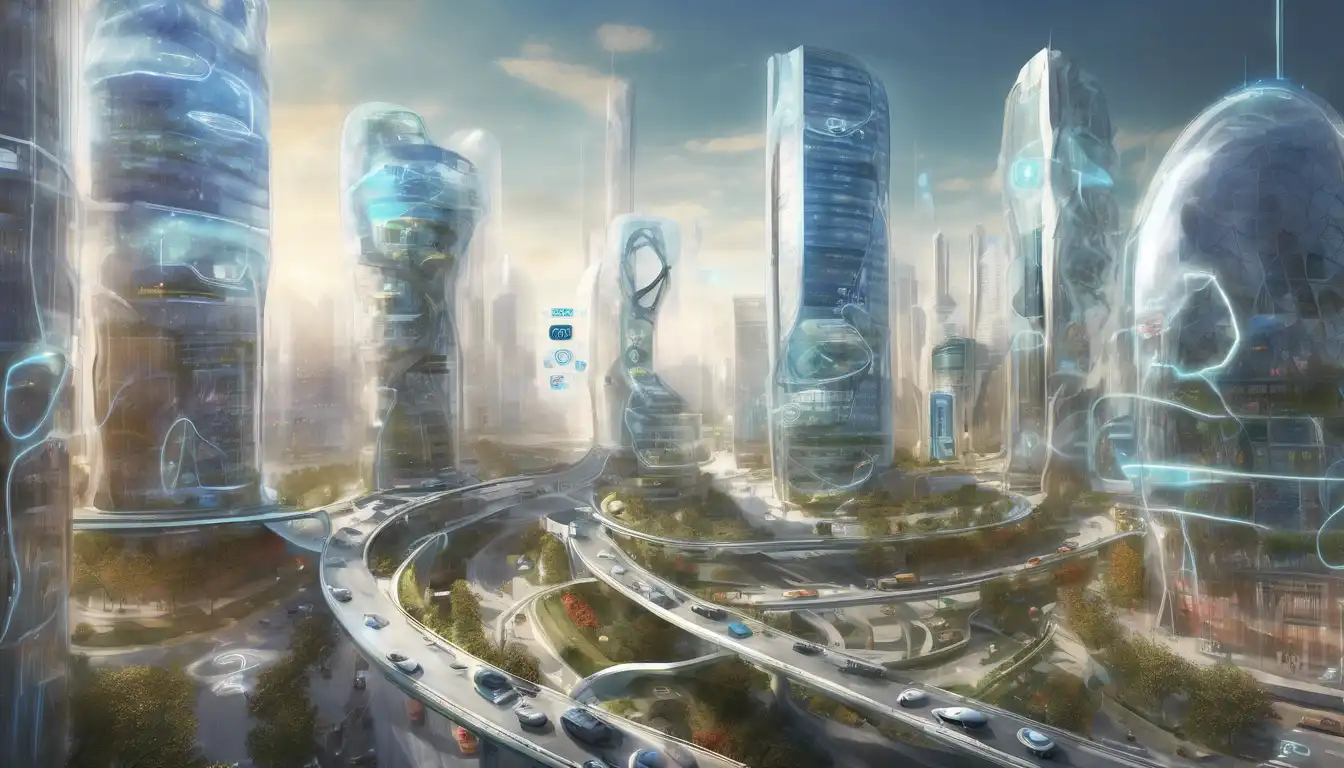The Role of IoT in Shaping Smart Cities
The Internet of Things (IoT) is revolutionizing the way we live, work, and interact with our urban environments. By connecting devices, sensors, and systems across cities, IoT is enabling smarter, more efficient, and sustainable urban living. This article delves into the transformative potential of IoT in smart cities, highlighting key applications, benefits, and challenges.
Key Applications of IoT in Smart Cities
From traffic management to energy conservation, IoT is at the heart of numerous smart city initiatives. Below are some of the most impactful applications:
- Smart Traffic Management: IoT sensors can monitor traffic flow in real-time, reducing congestion and improving road safety.
- Energy Efficiency: Smart grids and IoT-enabled devices help optimize energy use, lowering costs and environmental impact.
- Waste Management: IoT solutions enable smarter waste collection and recycling processes, enhancing cleanliness and sustainability.
- Public Safety: Connected cameras and sensors improve surveillance and emergency response times, making cities safer.
Benefits of IoT in Urban Development
The integration of IoT into urban infrastructure offers numerous advantages, including:
- Enhanced quality of life for residents through improved services and conveniences.
- Greater operational efficiency for city administrations, leading to cost savings.
- Reduced environmental footprint by optimizing resource use and reducing waste.
- Increased economic opportunities by fostering innovation and attracting investments.
Challenges and Considerations
Despite its potential, the widespread adoption of IoT in smart cities faces several hurdles:
- Privacy and Security: The collection and analysis of vast amounts of data raise concerns about privacy breaches and cyber threats.
- Infrastructure Costs: The initial investment for IoT infrastructure can be high, posing a challenge for budget-constrained municipalities.
- Interoperability: Ensuring seamless communication between diverse IoT devices and systems is critical for success.
The Future Outlook
As technology advances, the role of IoT in smart cities is set to grow exponentially. Innovations in AI, 5G, and edge computing will further enhance the capabilities and efficiency of IoT applications. The future of smart cities lies in harnessing these technologies to create more livable, resilient, and sustainable urban environments.
For more insights into how technology is transforming urban landscapes, explore our articles on urban development and sustainable cities.
